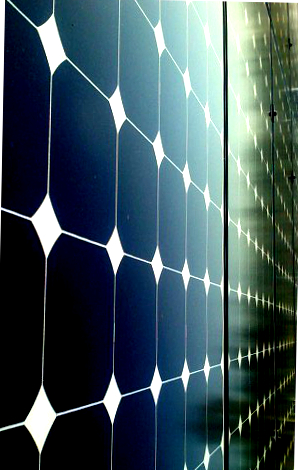Off-grid options for cut-off communities
 As extreme weather events increase in frequency and severity, experts say rural communities may have to look beyond the grid.
As extreme weather events increase in frequency and severity, experts say rural communities may have to look beyond the grid.
Thousands of homes lose power when wild weather hits Queensland and New South Wales in particular, but it is possible that the lights could be kept on by using better back-up supplies.
Sam Behrens from the CSIRO's Newcastle Energy Centre says that alternatives to grid power will have an increasingly important role to play.
“Maybe what will happen in the future is we might have houses that have PV panels on them,” he said.
“They'll have an inverter, they might have some batteries or some storage and they might even have a small diesel generator or something like that just to provide power for that particular site.
“It might even be at a person's home or it could be in a particular housing development."
But, he says, a grid network fed by coal-generated power will remain the best way to power to homes.
“It would be great to have more renewable, PV for solar panels and also solar thermal as well too,” he said.
“But there are obviously some challenges around that, there's intermittency issues.
“Sometimes when the cloud comes along the power generation drops off very quickly.”







 Print
Print